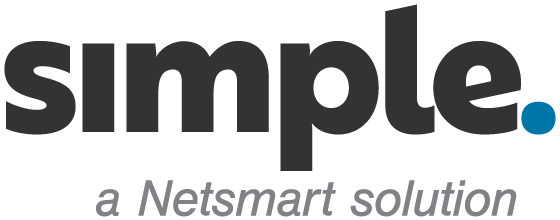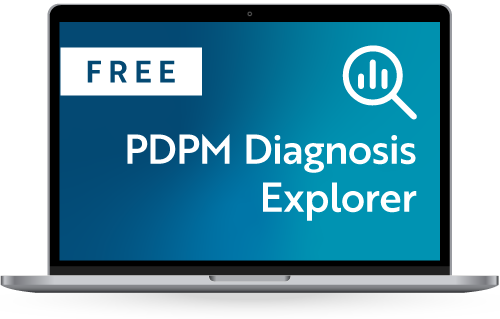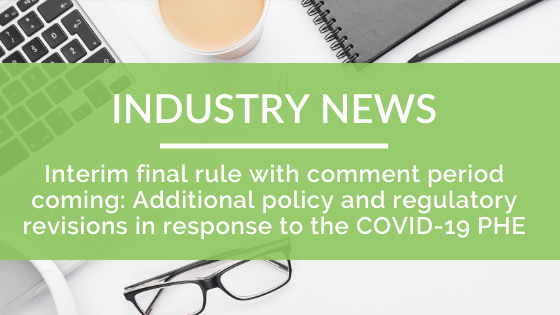A Press Release issued late afternoon on August 25, 2020 promises to bring “sweeping regulatory changes.” The broad categories of this initiative are:
- New testing requirements for nursing homes
- Hospitals must report data
- New reporting requirements for labs
- Physician and pharmacist orders for tests
I’ve excerpted the “high” points of this Press Release (bolding added by me):
- Laboratories and nursing homes using point-of-care testing devices will be required to report diagnostic test results as required by the Coronavirus Aid, Relief, and Economic Security Act (CARES Act). The new rules also require hospitals to provide COVID-19 cases and related data to the U.S. Department of Health and Human Services (HHS).
- The requirements will support federal and state efforts to identify early spread of the virus and allocate personal protective equipment (PPE) and other resources.
- CMS is again acting to safeguard nursing home residents from the ongoing threat of COVID-19 by revising its infection-control regulations for long-term care facilities to require nursing homes to test their staff for COVID-19.
- (The) recommendation for testing staff routinely is now a requirement for participation in the Medicare and Medicaid programs under CMS’ authority through the Social Security Act to adequately protect the health, safety, welfare, and rights of residents. CMS recommendations for the frequency of staff testing will be based on the degree of community spread, to be announced shortly through guidance, that indicate the facility may be at increased risk for COVID-19 transmission.
- CMS now requires that nursing homes will offer tests to residents when there is an outbreak or residents show symptoms.
- The Administration is holding nursing homes accountable for the testing requirement by directing surveyors to inspect nursing homes for adherence to the new testing requirements. Facilities that do not comply with the new requirements will be cited for non-compliance and may face enforcement sanctions based on the severity of the noncompliance, such as civil money penalties in excess of $400 per day, or over $8,000 for an instance of noncompliance.
- The Administration is helping facilities offset the cost of testing through new funding from the Provider Relief Fund, authorized under the CARES Act. On July 22, 2020, President Trump announced the release of an additional $5 billion from the Provider Relief Fund to help nursing homes address critical needs, including hiring additional staff, increasing testing, and providing additional services, such as technology so residents can connect with their families if they are not able to visit. The $5 billion comes on top of a previous $4.9 billion allocation of Provider Relief Funds to nursing homes made in May.
- The emergency regulations will also require hospitals and critical access hospitals to report daily important data critical to support the fight against COVID-19, including, but not limited to elements such as the number of confirmed or suspected COVID-19 positive patients, ICU beds occupied, and availability of essential supplies and equipment such as ventilators and PPE. These elements are essential for planning, monitoring, and resource allocation during the COVID-19 Public Health Emergency (PHE). While many hospitals are voluntarily reporting this information now, not all are. The new rules make reporting a requirement of participation in the Medicare and Medicaid programs. This reporting is needed to support broader surveillance of COVID-19.
- CMS’ new rules require such reporting of test results in order to ensure a more complete picture in the nationwide surveillance of COVID-19, as well as a more efficient allocation of PPE and other vital supplies. Hospitals will face possible termination of Medicare and Medicaid payment if unable to correct reporting deficiencies.
- CMS’ new rule implements a CARES Act requirement that laboratories report COVID-19 test results daily to the HHS Secretary. All laboratories conducting COVID-19 testing and reporting patient-specific results – including hospital labs, nursing homes, and other facilities conducting testing for COVID-19 – will be required to comply. If a laboratory does not report the required information, CMS will impose a civil monetary penalty in the amount of $1,000 a day for the first day, and $500 for each subsequent day. Labs will have a one-time, three-week grace period to begin reporting required test data. This requirement complements existing HHS guidance requiring laboratories to report test results and additional information, such as demographic data.
- This change allows CMS to take enforcement action against laboratories that fail to provide the required data, which is needed by federal, state, and local officials to conduct effective surveillance of the COVID-19 pandemic.
- The revised policy specifies that each beneficiary may receive one COVID-19 test without the order of a physician or other health practitioner, but Medicare will require such an order for all further COVID-19 tests. This change helps ensure that beneficiaries receive appropriate medical attention if they need multiple tests. It is also designed to stop fraudsters from performing or billing for unnecessary tests.
- To help ensure that beneficiaries have broad access to testing, CMS is also paying for tests when ordered by a pharmacist or other healthcare professional authorized under applicable state law to order diagnostic laboratory tests. Medicare makes payment for services of pharmacists and certain other healthcare professionals only when they have an arrangement with a physician or other billing practitioner. The changes being made allow Medicare to continue to pay for these tests during the PHE when they are ordered by pharmacists and other healthcare professionals without such an arrangement.
- Earlier this week, CMS released guidance for state Medicaid agencies on new flexibilities CMS has made available under emergency authorities to increase reimbursement for nursing facilities that implement specific infection control practices, such as designating a quarantine or isolation wing for COVID-19 patients. These can be temporary rate enhancements tailored to the specific needs of the state and community, and the guidance highlights case studies in states who have taken advantage of this flexibility. Read more on this action here.
The 202-page preliminary version of this Interim Final Rule with Comment Period is found here. It truly is preliminary because there are no effective dates nor date of publication or date when comments are due which is 60 days after date of publication in the Federal Register.
Stay tuned – I’ll provide more information as it becomes available.
I strongly encourage you/your team to carefully review this Interim Final Rule and provide comment to CMS as needed. Now’s not the time to remain silent on issues that will affect your community and all that live and work within its walls.
Want to keep up with the changing COVID-19 situation in skilled nursing?




